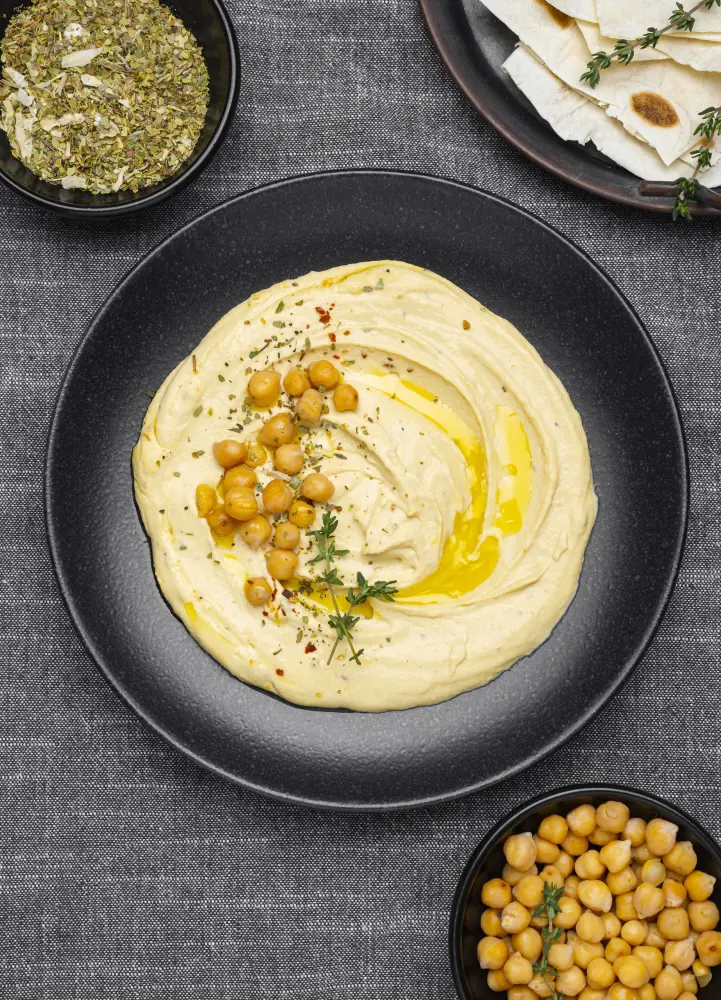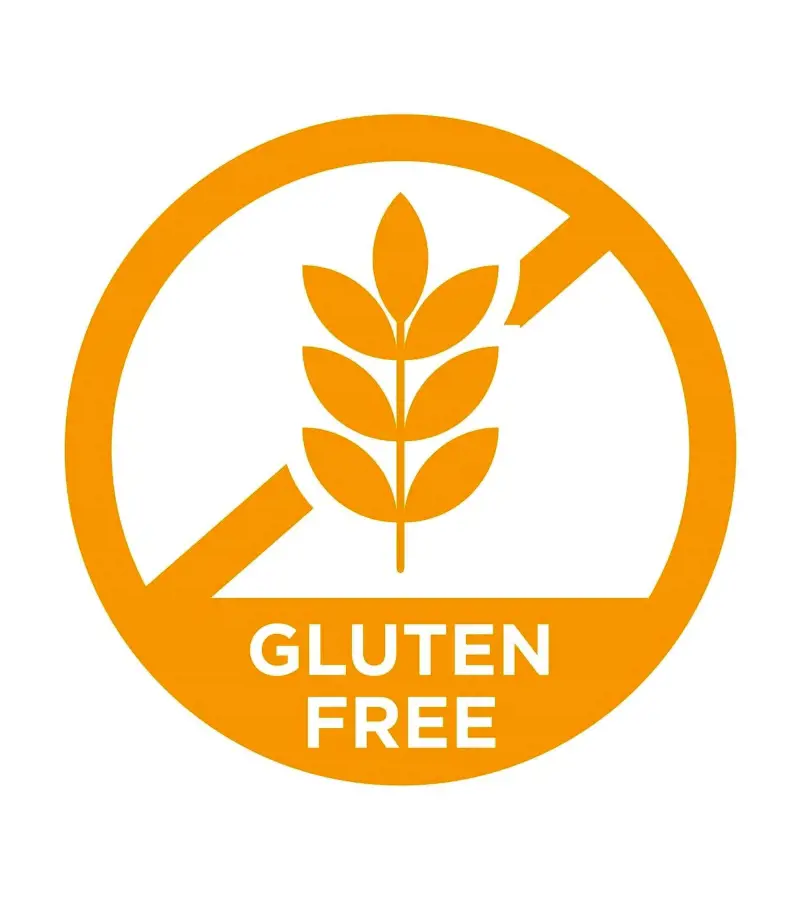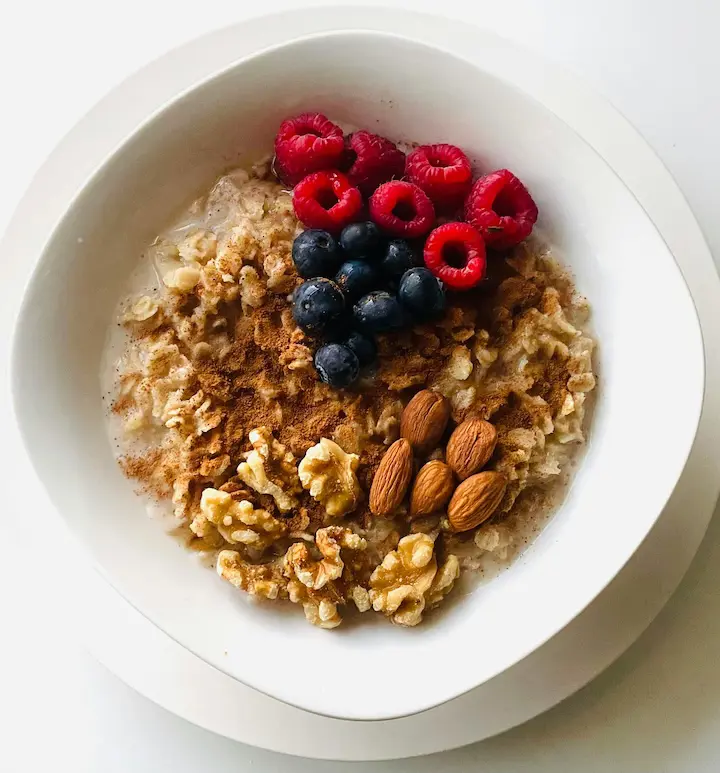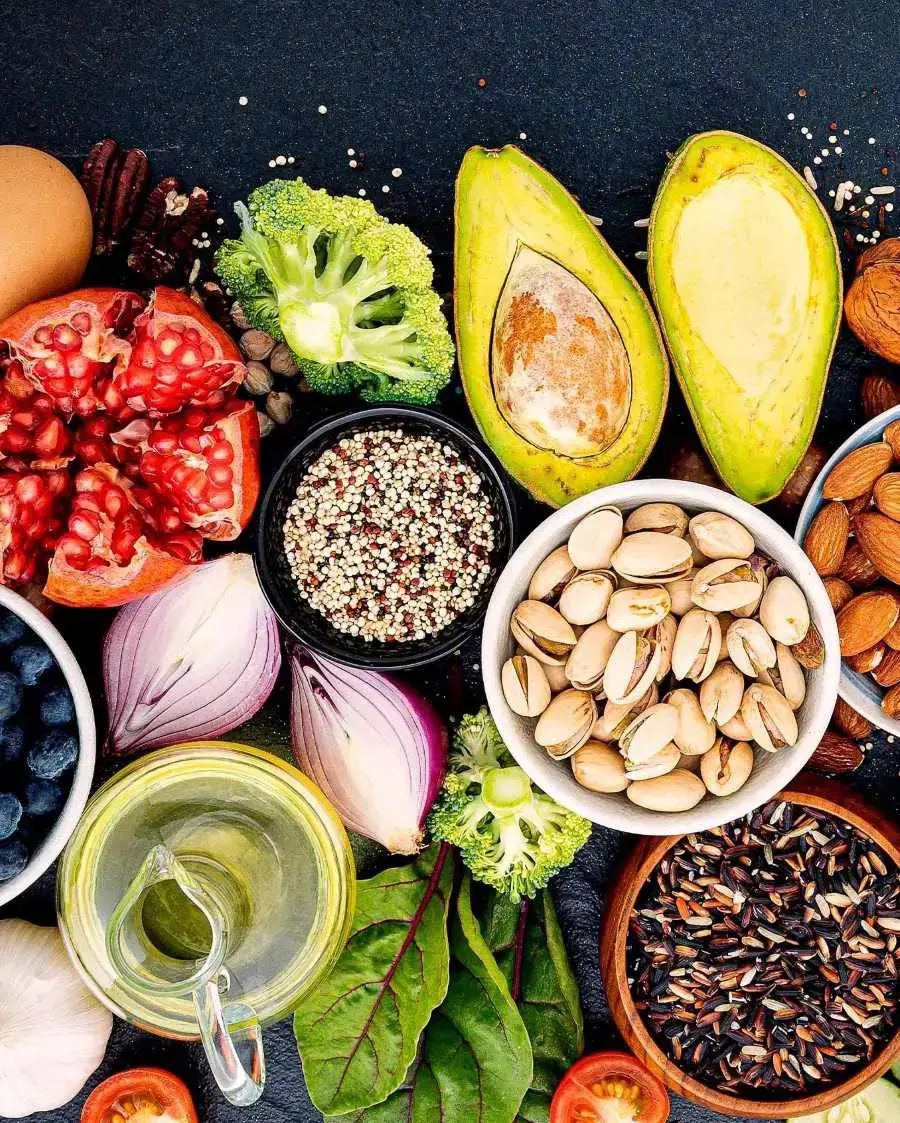1. Nutrition Powerhouse
Primarily crafted from chickpeas, hummus dietary information boasts as a nutritional powerhouse due to its diverse array of essential nutrients like high-quality plant-based protein, fostering muscle health and satiety. Its high dietary fiber content promotes digestive well-being and weight management. Additionally, the inclusion of tahini and olive oil provides heart-healthy monounsaturated fats, contributing to improved cardiovascular health and cholesterol levels.
Moreover, chickpeas, laden with vitamins such as folate and vitamin B6, bolster overall physiological functions and support immune health. The dip's mineral profile, featuring iron, phosphorus, and manganese, enhances bone health and energy metabolism. Hummus, with its antioxidant-rich components like garlic, guards against oxidative stress and inflammation. A 100-gram serving of this Middle Eastern delight supplies:
- Protein: 7.78 g
- Calories: 237
- Fiber: 5.5 g
- Total Fat: 17.8 g
- Calcium: 47 mg
- Carbs: 15 g
- Magnesium: 75 mg
- Folate: 48 micrograms















